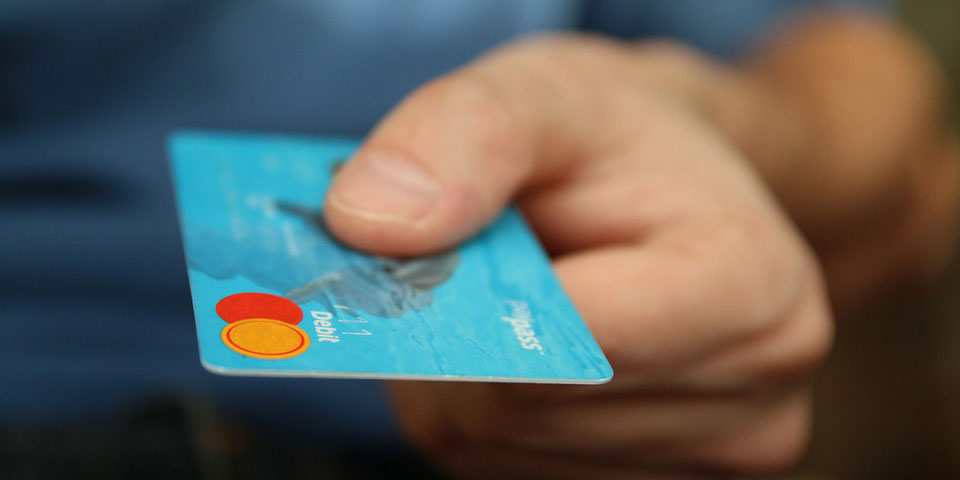10 Ways to Save Money Each Month

Saving money can seem nearly impossible when you don’t know what steps to take. Start with these 10 ideas to start spending less every month.
1. Consolidate Your Debt
If you have several types of debt, you can consolidate it into one account with a lower interest rate. Once you consolidate your loans, you only have to make one easy payment per month. As long as you get a lower interest rate, you could save hundreds of dollars a year.
2. Refinance Your Car Loan
Car loans don’t seem expensive when you get them. Those monthly payments add up quickly, though.
Talk to several banks in your area about refinancing your car loan. If one of them gives you a lower interest rate, then you can make your monthly payments more affordable. Even a few dollars each month will make a difference.
3. Find Cheaper Car Insurance
Take a few minutes to search for cheaper car insurance. Call your insurance company to ask them about a lower rate. You may have to increase your deductible, but it’s worth it as long as you don’t have an accident.
You should also get quotes from other insurance companies. You never know what kind of deals you’re missing until you get offers from several companies.
4. Consolidate Student Loans Into a Lower Monthly Payment
Repaying student loans can make it difficult for graduates to start saving money. You can often lower your monthly payment by consolidating your student loans.
When you consolidate your student loans, you could lock in a lower interest rate. Plus, you’ll only have to make one payment per month instead of worrying about loans from several lenders.
5. Use a Credit Repair Program to Get Lower Interest Rates
It’s hard to repair bad credit on your own. Consider talking to a credit repair program that will negotiate lower rates on your credit cards, loans, financed purchases and other debts. It helps to have a pro on your side.
6. Look for Cheaper Health Insurance
You can also save money by getting cheaper health insurance. Try looking for plans that don’t cover as many medical services. You can also increase your deductible to lower your monthly payment.
As long as you don’t get really sick or hurt, you won’t even notice the higher deductible.
7. Buy a New Car With Lower Payments
Sell or trade in your current car so you can get a vehicle with lower monthly payments. You’ll need to research several cars to make sure you save money, but it’s worth it. Plus, driving a new car means that you don’t have to pay a mechanic to fix mechanical problems that happen in older vehicles.
8. Get a Payday Loan Advance
If you can’t afford to pay your bills one month, get a payday loan instead of letting your credit report take a hit. Make sure you repay the lender as soon as possible, though, to avoid extra charges.
9. Find a New Credit Card With a Lower Interest Rate
It pays to shop around for a new credit card that gives you a lower interest rate. You’ll see a big difference in your monthly bill even if you only knock off a few percentage points.
Look for cards that will give you an interest-free trial period. That way, you can start paying off your debt without worrying about interest.
10. Take Your Lunch to Work
Grabbing lunch at a restaurant gives you a break from the workday, but it also costs a lot of money. Eating out for lunch costs about $11, so you can easily spend $50 from Monday to Friday. Taking your lunch only costs about $6.50.
Pack your lunch everyday to save about $90 a month.
It doesn’t take a lot of effort to save money when you know how to do it right. With these tips, you could start spending less and saving more!!



